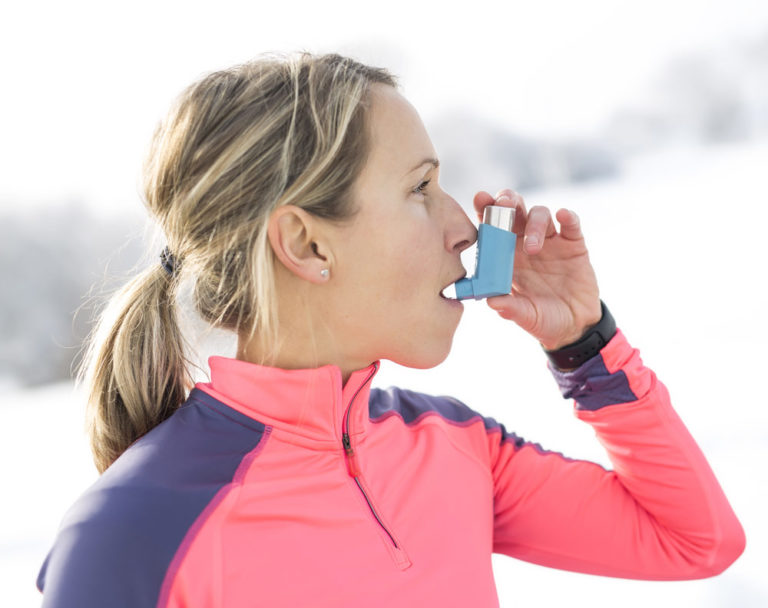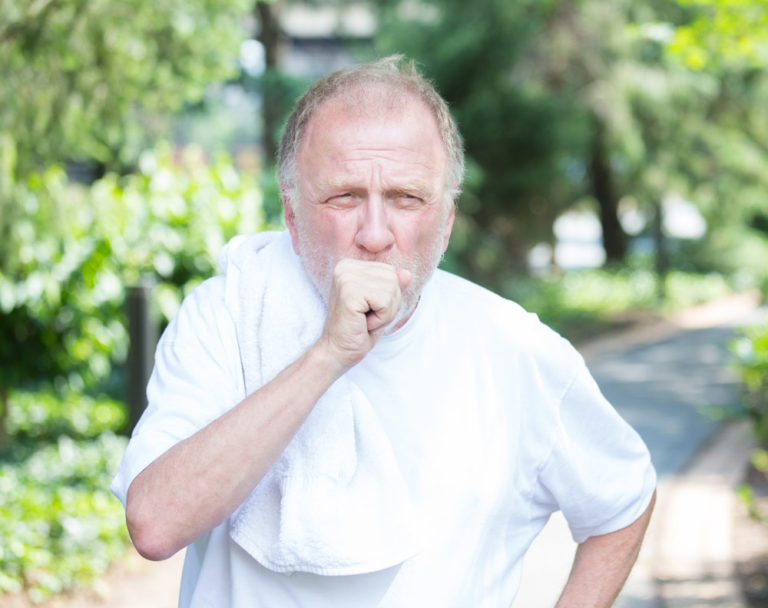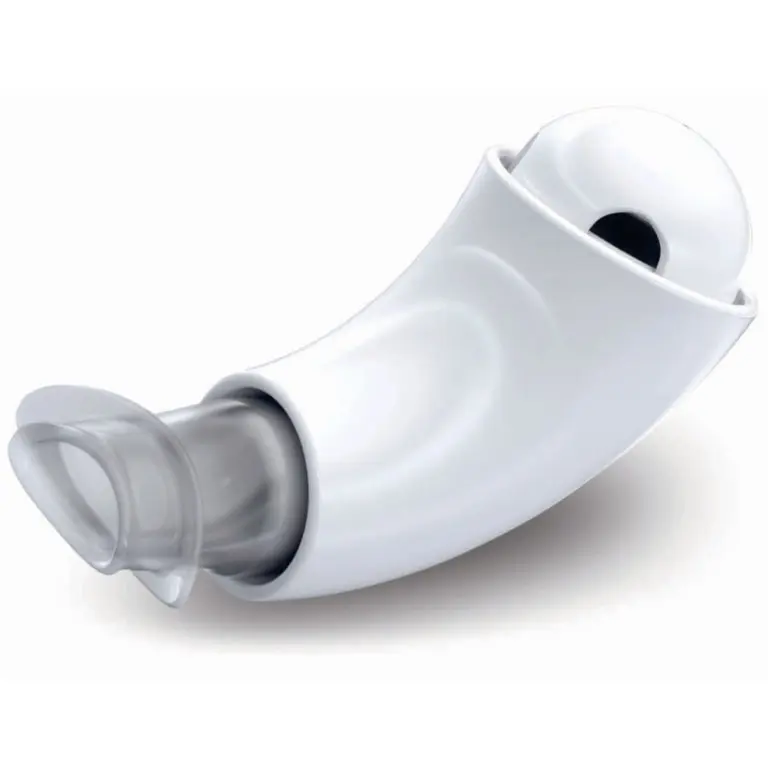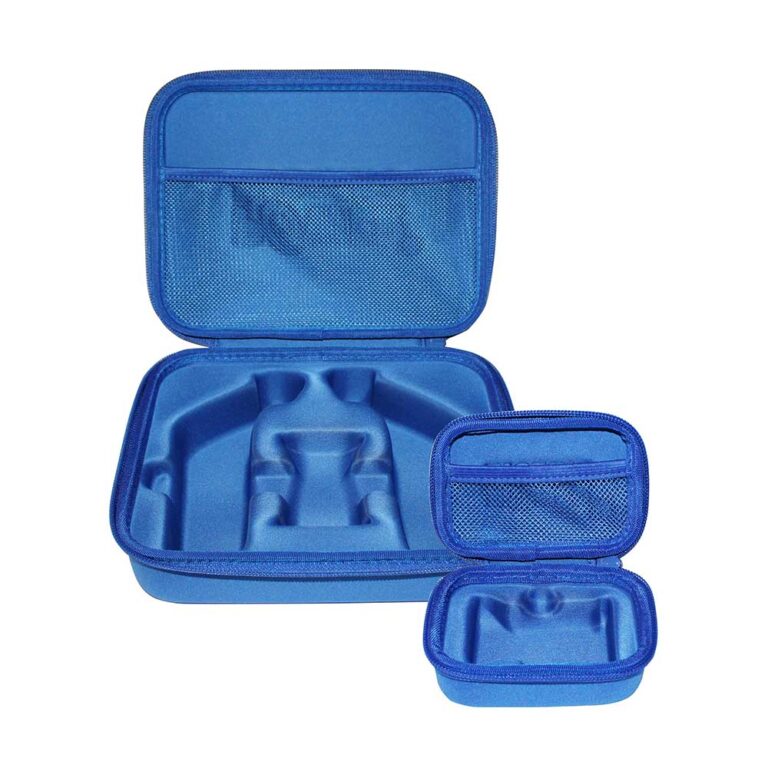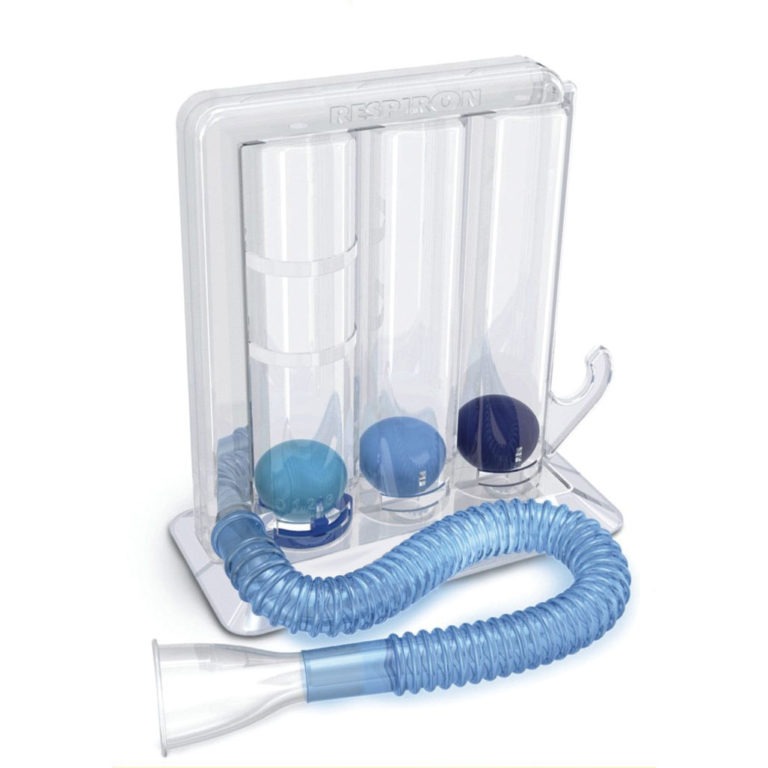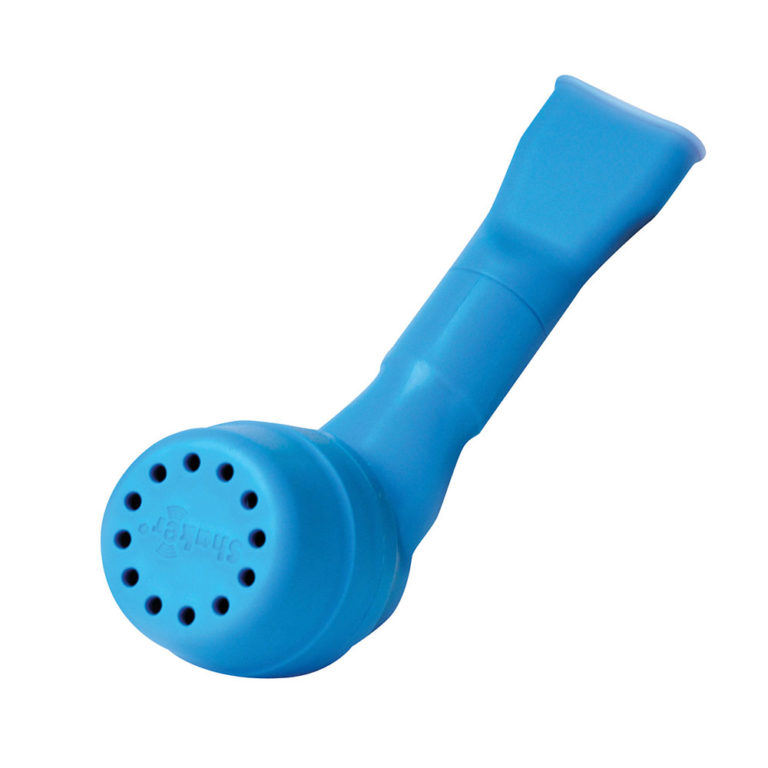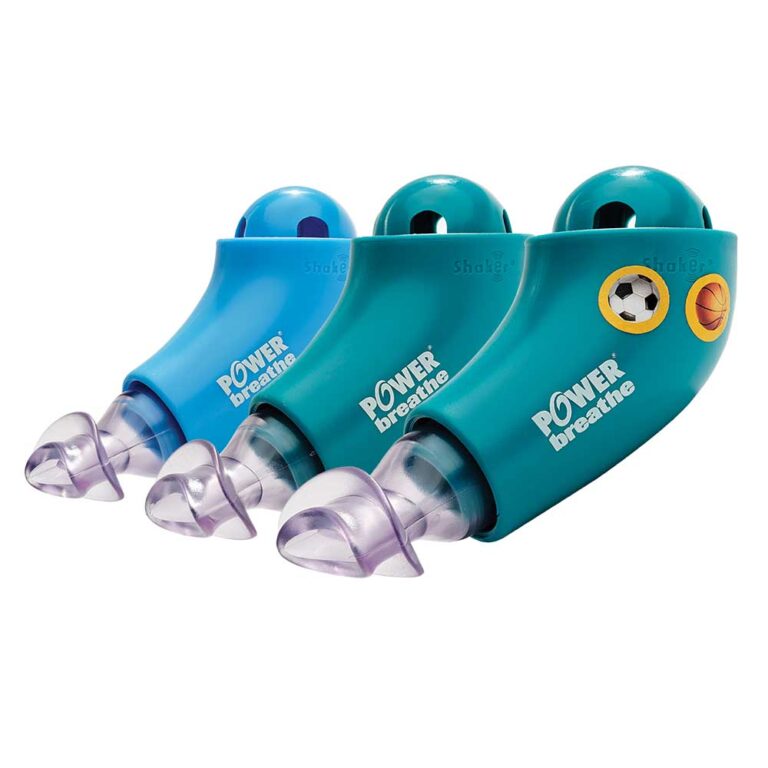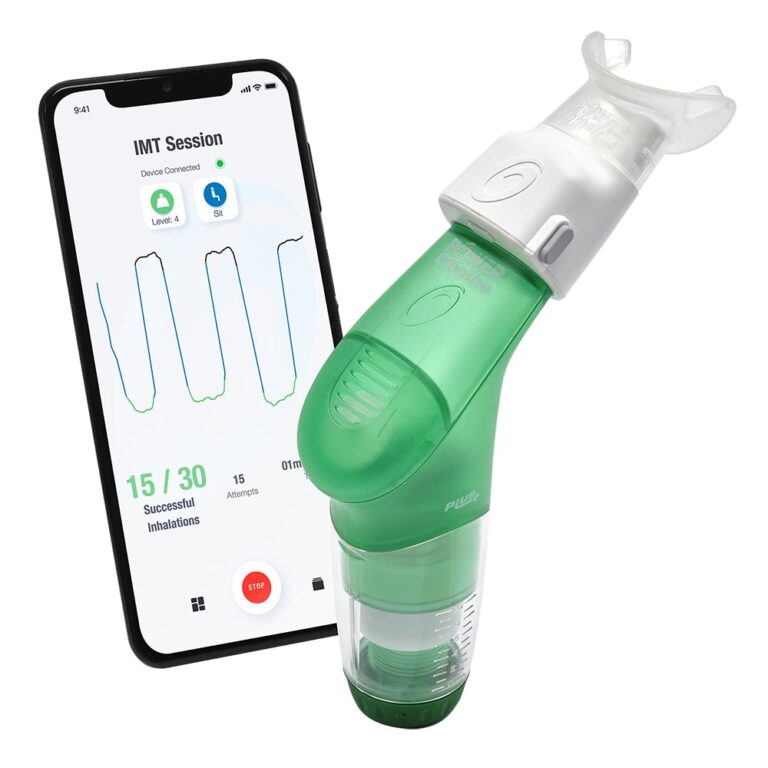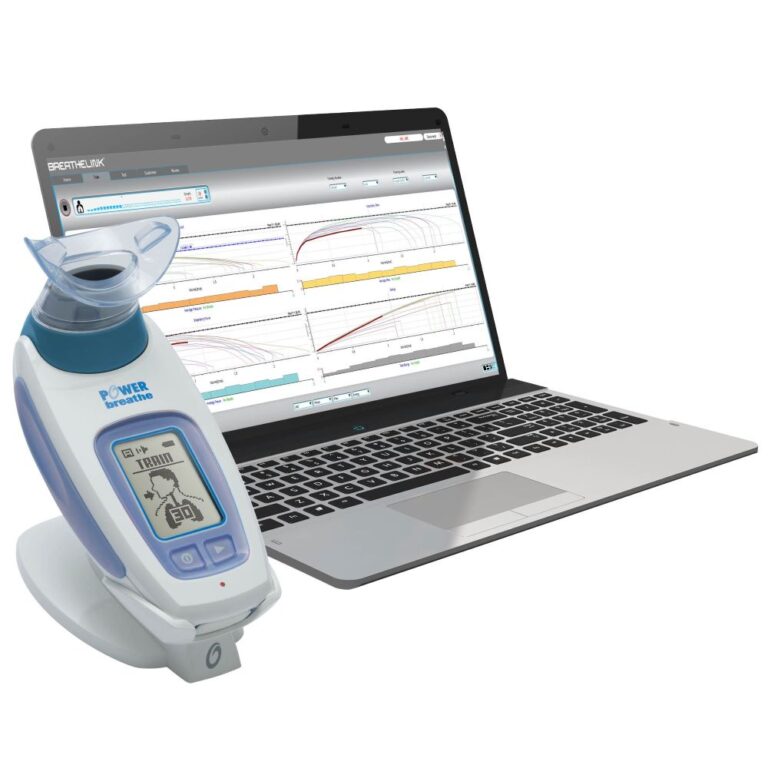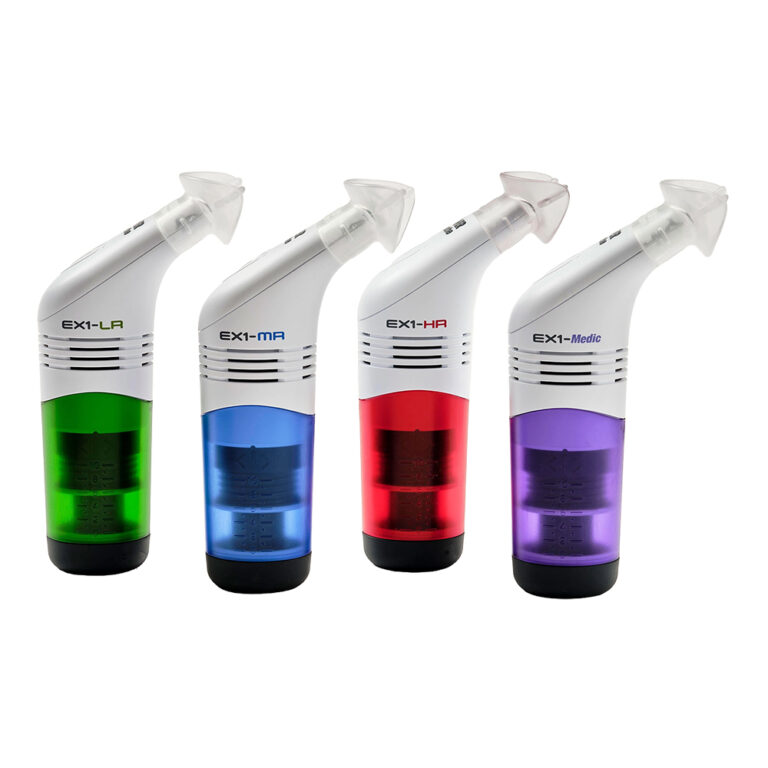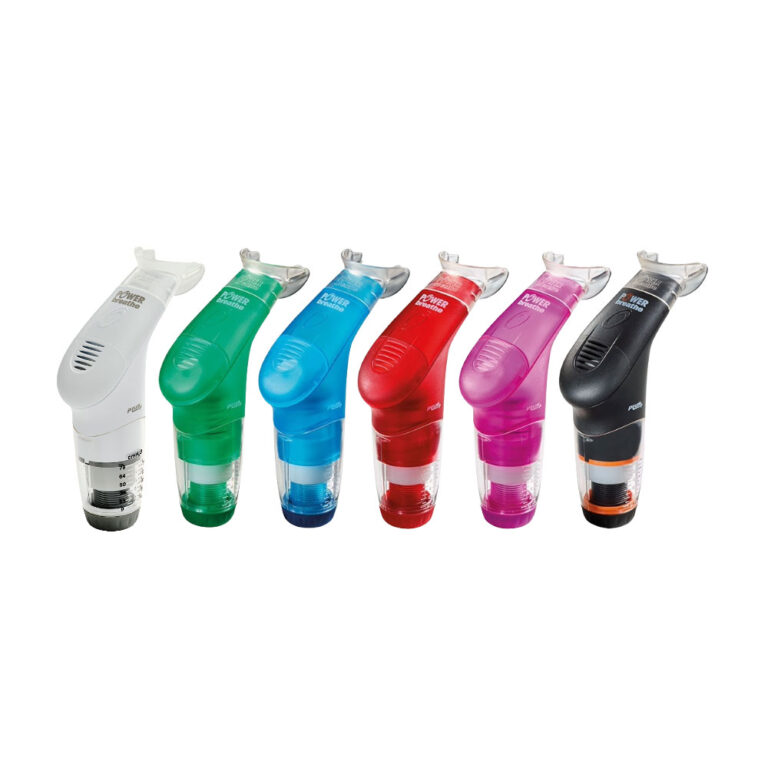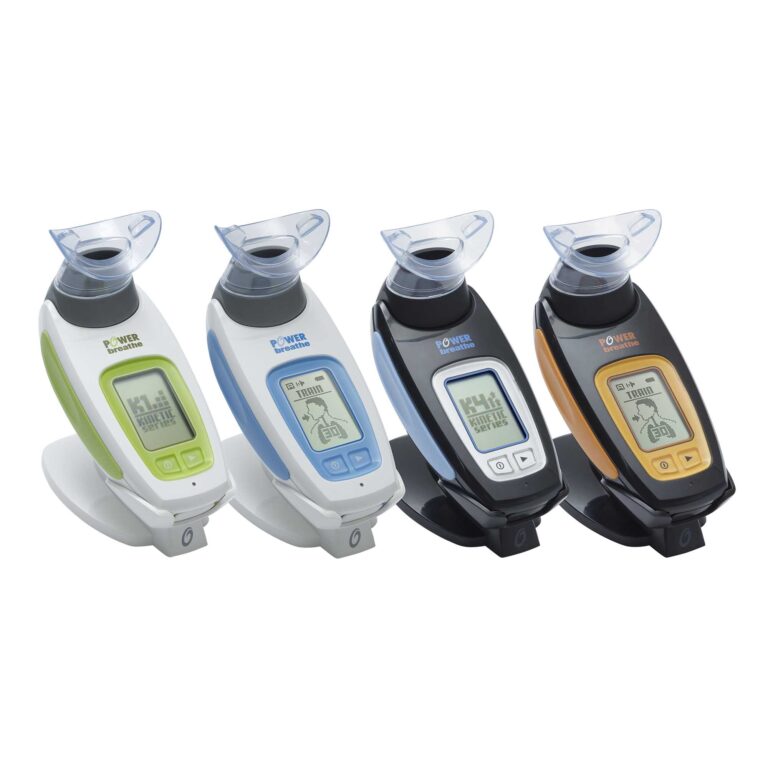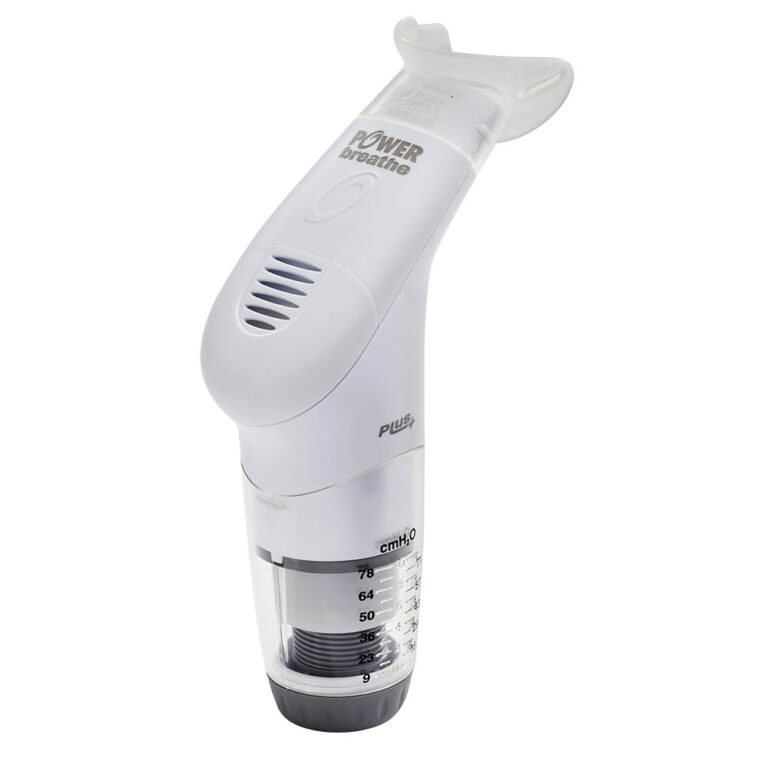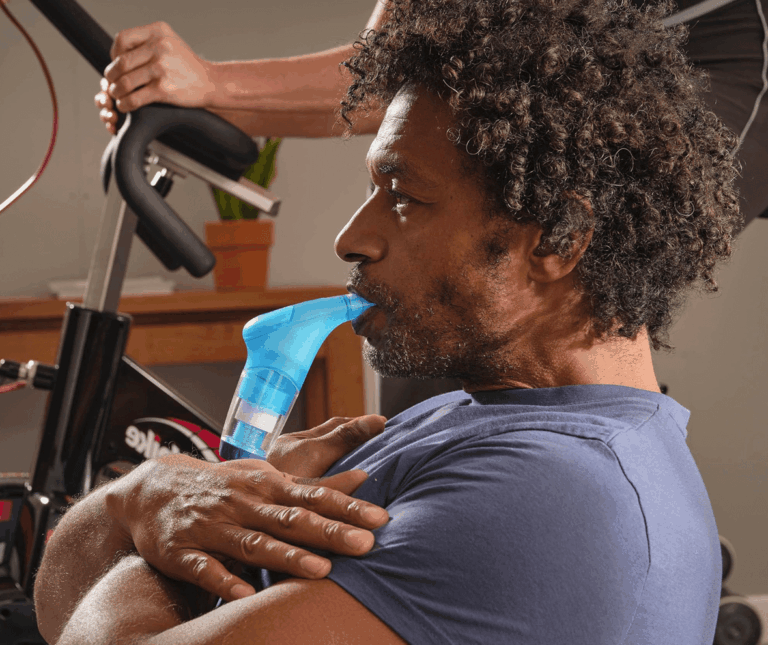
Heart failure and Disease
Strengthening your inspiratory muscles with POWERbreathe IMT will help improve blood flow around your body and improve quality of life.

Breathing Effort In Heart Failure And Heart Disease
Heart failure usually results from another disease, most commonly coronary heart disease. They have similar symptoms, including shortness of breath (known as dyspnea) and fatigue which affect how physically active you are.
With heart failure, your heart is unable to properly pump blood around your body, causing fluid to build in your lungs. This makes it increasingly difficult for you to breathe. Heart failure can be the result of several conditions, including high blood pressure which puts strain on your heart, and heart disease.
Heart disease impedes blood supply in the heart because of the fatty substance build-up in the coronary arteries. Lack of regular exercise and inactivity can cause this.

At-Home Treatment For Heart Failure and Disease
Heart failure and heart disease treatment can include lifestyle changes and an exercise-based cardiac rehabilitation programme to keep symptoms under control. In fact, exercising regularly helps your heart and circulatory system work more efficiently, improving your symptoms and health. It also helps improve heart function and reduces risk of further episodes of heart disease.
Just like any other muscle, your heart benefits from regular exercise and a stronger heart will pump more oxygen carrying blood throughout your body, with less effort. The same goes for your your inspiratory muscles, because blood flow becomes restricted during physical exercise when your inspiratory muscles fatigue. A study using POWERbreathe Inspiratory Muscle Training (IMT) suggests IMT should be considered a complementary treatment to improve the cardiovascular system, mainly heart rate and diastolic blood pressure.

Reduce Future Risk Of Heart Disease
In patients with chronic heart failure, IMT, such as with POWERbreathe Medic IMT, has been shown to:
POWERbreathe IMT can be used alongside your regular medicine as it is drug-free, clinically-proven and has no side effects or drug interactions; just speak to your GP first. Read Precautions and Contraindications. And because the cardiovascular strain of POWERbreathe IMT is very low, it’s suitable for even the most physically compromised patients.

Backed For Heart Health
A study concluded that IMT successfully increases both inspiratory strength and endurance, alleviates dyspnea and improves functional status in chronic heart failure.
Another study concluded that in patients with chronic heart failure and inspiratory muscle weakness, IMT results in marked improvement in inspiratory muscle strength, as well as improvement in functional capacity, ventilatory response to exercise, recovery oxygen uptake kinetics, and quality of life.
